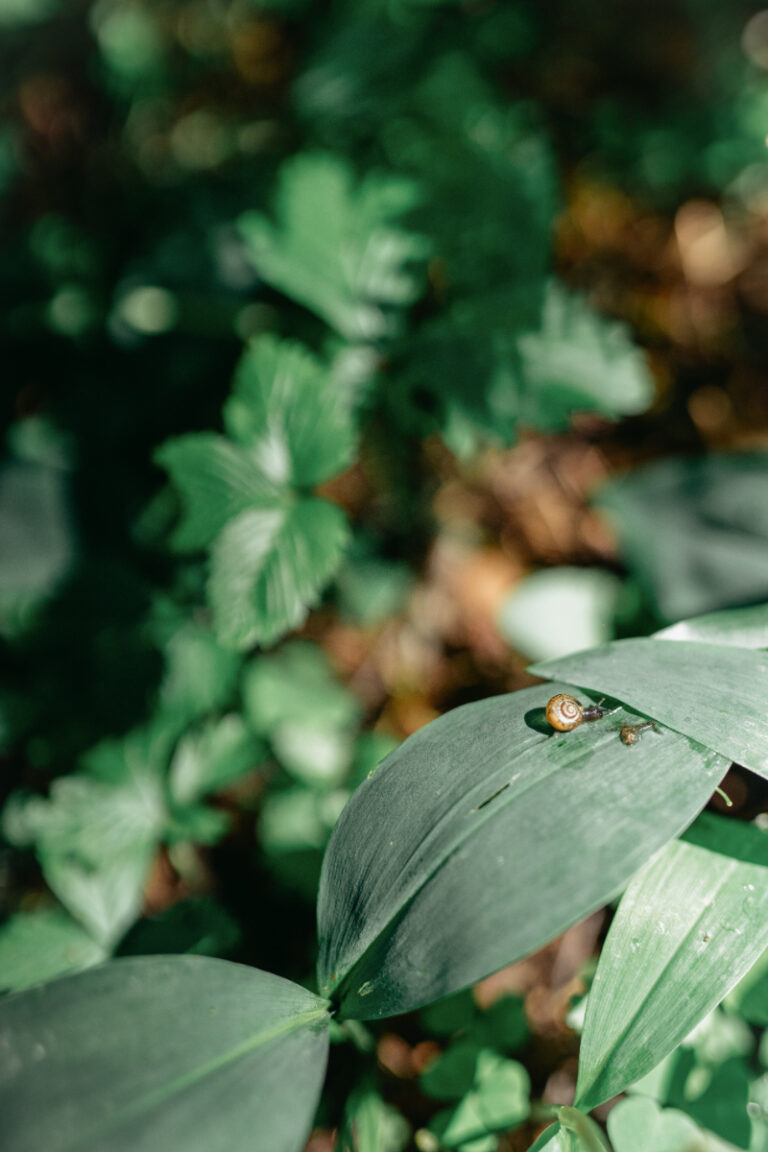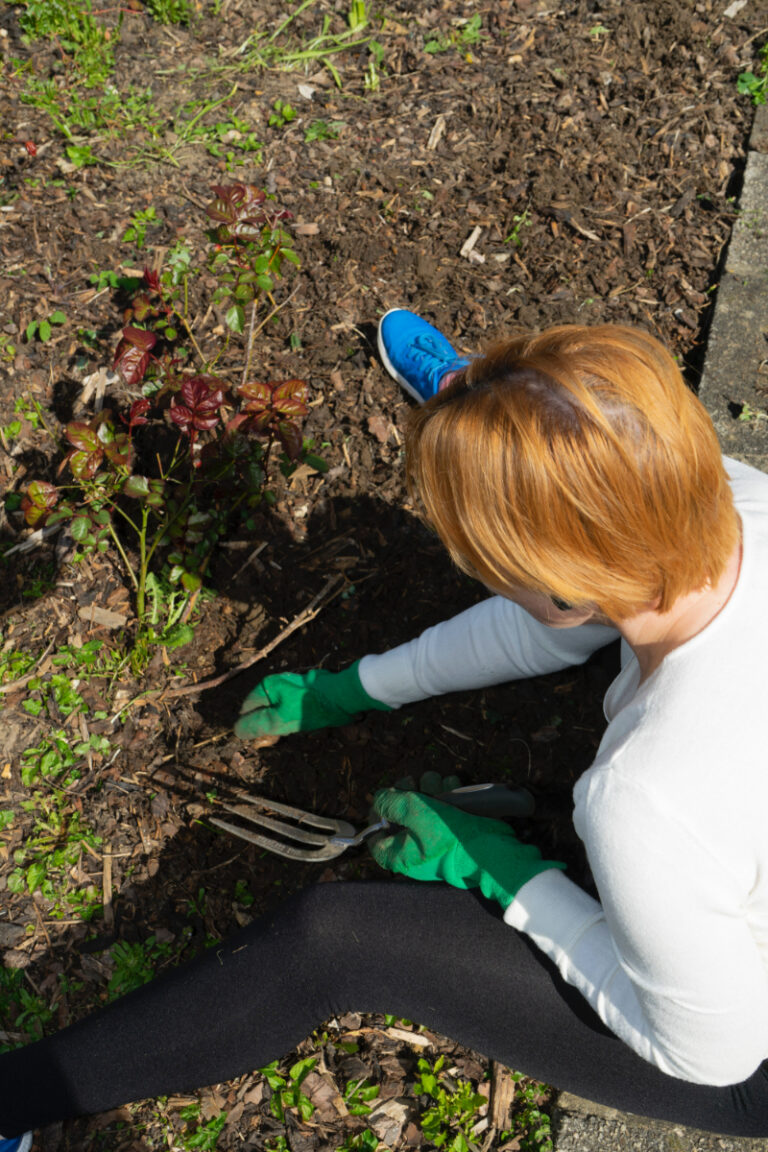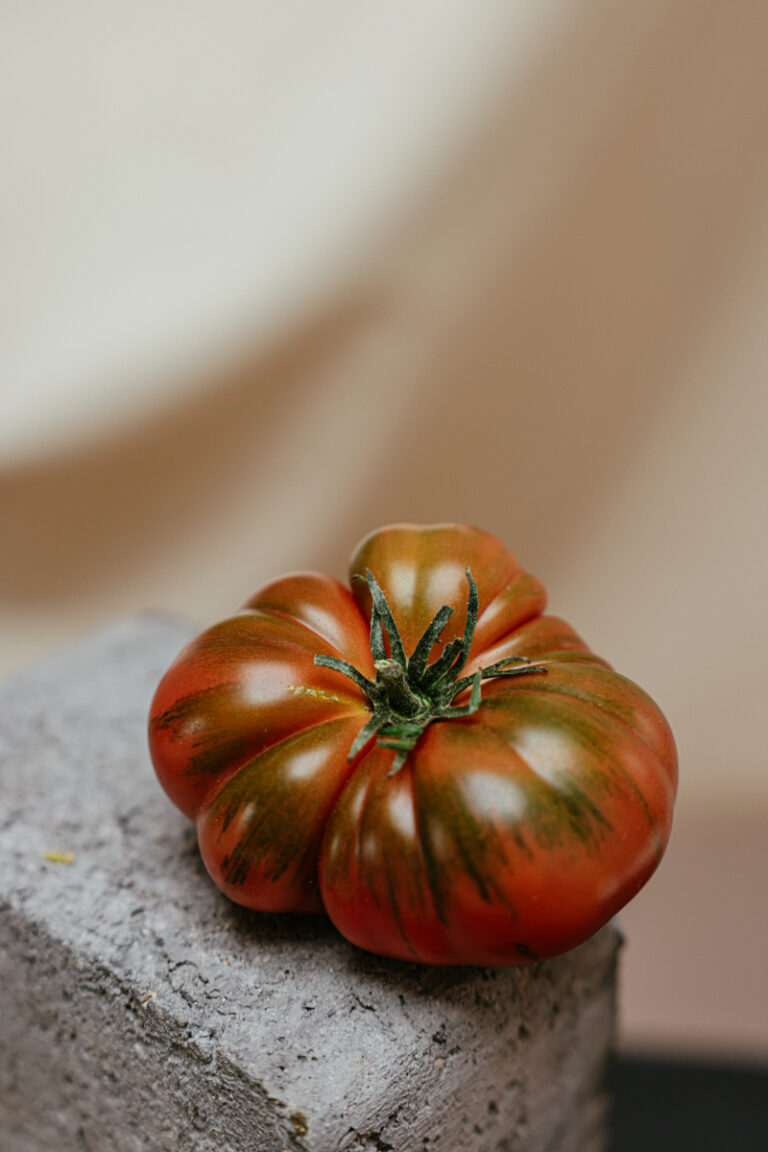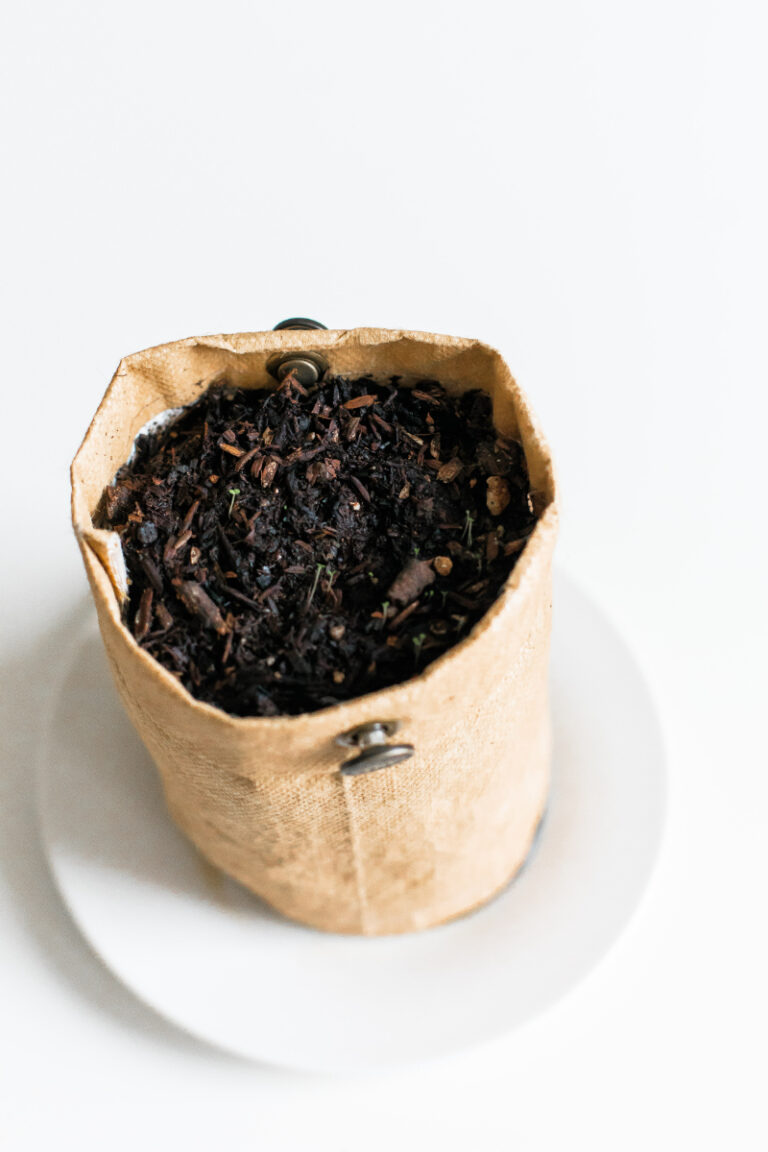The Pros and Cons of Keeping Bees: Your Ultimate Guide to the World of Beekeeping
Have you ever considered becoming a beekeeper but were unsure of the advantages and disadvantages? Well, you’ve come to the right place!
In this blog post, we’ll discuss the pros and cons of keeping bees while providing beginner tips, addressing common misconceptions, discussing equipment, and highlighting the importance of supporting bee health.
So let’s dive into the world of beekeeping!
The Pros and Cons of Keeping Bees: Weighing Your Options
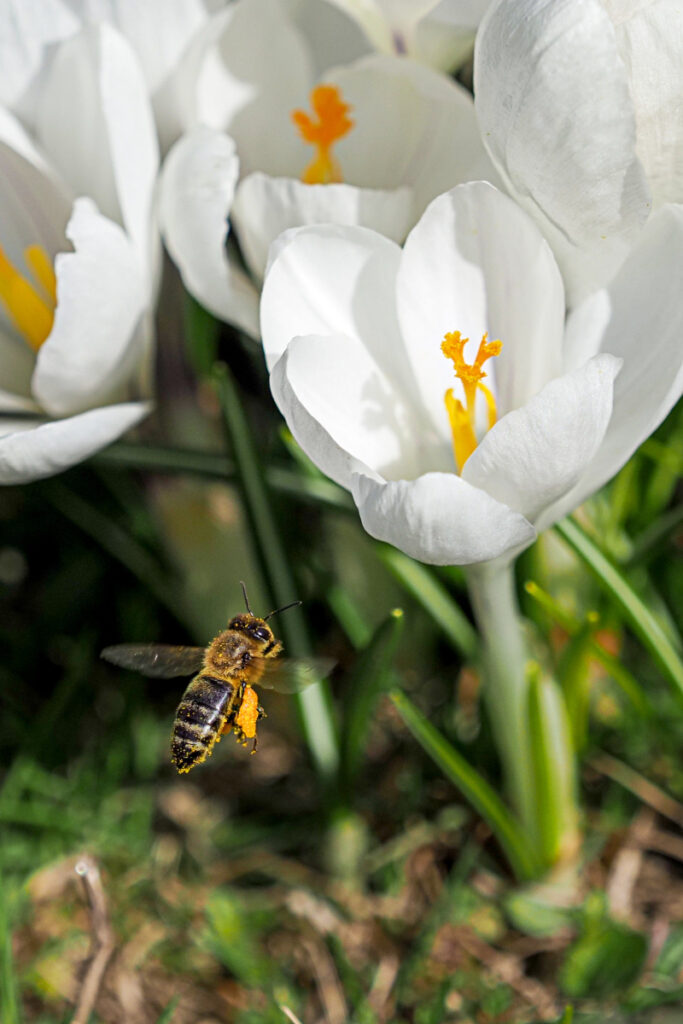
Pros
- Pollination: Bees are important pollinators, vital to the production of many fruits and vegetables. By keeping bees, you help boost pollination in your area, which can result in more abundant harvests.
- Honey Production: As a beekeeper, you’ll enjoy the sweet reward of harvesting your own honey, not to mention the potential to make money selling it to others.
- Wax Production: Beeswax has numerous uses, from candle-making to cosmetic products, and owning a hive produces a sustainable source for your own crafting or a small side business.
- Enjoy the Outdoors: Beekeeping is an excellent opportunity to connect with nature and appreciate the life cycle and complex behaviors of these hardworking insects.
- Educational Opportunities: By joining local beekeeping associations, you can learn from expert advice, attend seminars, and enhance your knowledge of this fascinating hobby.
Cons
- Stings: It’s inevitable – as a beekeeper, you will get stung. However, using protective gear and proper hive management can reduce the risk.
- Time Commitment: Beekeeping requires dedication and regular maintenance of the hives to ensure the health of the bees.
- Costs: Initial setup and ongoing costs for equipment, bees, and supplies may be overwhelming for some beginner beekeepers.
- Pests and Diseases: Controlling pests and preventing diseases in the hive can be challenging, and require constant vigilance and regular hive inspections.
- Local Regulations: Check your local laws and regulations to determine if beekeeping is allowed in your area, and if any restrictions apply.
Beginner Tips: Getting Started with Beekeeping
Hive Types and Equipment
There are three main types of hives: Langstroth, Top-Bar, and Warre. The best hive for you depends on the following:
- Your personal preference
- The amount of space you have
- The climate in your area
Each hive type has its own unique advantages and challenges.
A Langstroth hive, for example, is the most common and ideal for high honey yields.
A Top-Bar hive provides easier access to honey and requires less equipment for honey extraction.
Warre hives are ideal for a more natural approach to beekeeping, as they replicate the structure of a wild bee’s nest.
In addition to the hive, you will also need:
- A beekeeping suit with gloves and a veil
- A smoker and hive tool for handling bees
- Bees, which can be purchased as a package, nucleus colony, or captured as a swarm
- Feeding equipment for supplemental feeding during times of low nectar availability
Supporting Bee Health
To ensure the health and productivity of your bees, it’s essential to practice proper hive management. This includes:
Regular hive inspections
Check your hives every 7-10 days during the active season to monitor for pests, diseases, and overall colony health.
Disease and pest control
Be aware of common bee diseases, such as American Foulbrood and Varroa mites, and take appropriate measures to prevent and treat these issues.
Providing adequate space
Bees need room to expand their colony, so ensure that your hive has enough space to prevent overcrowding, which can lead to swarming.
Swarm prevention
Learn how to recognize the signs of swarming and take steps to prevent it, such as splitting the hive or providing additional space.
Supplemental feeding
Provide supplemental feeding during times of low nectar availability, such as early spring or late fall, to help your bees maintain their energy levels.
Common Misconceptions about Beekeeping
Beekeeping is dangerous
While there is a risk of stings, proper protective gear, and hive management practices can minimize this risk. Most beekeepers find their bees relatively docile and easy to work with.
Bees are aggressive
Honeybees are generally not aggressive unless they feel threatened. You can reduce the likelihood of upsetting your bees by using gentle techniques and avoiding sudden movements.
You need a large amount of space
While having a spacious area is ideal, urban beekeeping is becoming increasingly popular. Many cities now allow backyard beekeeping, making it possible for city dwellers to enjoy this rewarding hobby.
Expanding Your Beekeeping Knowledge and Skills
As you delve deeper into the world of beekeeping, it’s essential to continue learning and honing your skills.
Here are some ways to expand your knowledge and become a more experienced beekeeper:
Attend workshops and conferences
Many beekeeping associations offer workshops and conferences that cover a wide range of topics related to beekeeping.
These events provide valuable information, hands-on training, and networking opportunities with other beekeepers.
Read books and articles
There is a wealth of information available in books, magazines, and online articles about various aspects of beekeeping.
Reading about different techniques, hive management practices, and bee biology can help you become a more informed and successful beekeeper.
Experiment with different hive types
As you gain experience, consider experimenting with different hive types. Each type offers unique advantages and challenges, and trying different styles can help you determine which one best suits your needs and preferences.
Join a mentorship program
Many beekeeping associations offer mentorship programs that pair experienced beekeepers with beginners. This can be an invaluable resource for learning the ins and outs of beekeeping from someone with firsthand experience.
Volunteer at a local apiary
Volunteering at a local apiary can provide you with hands-on experience and exposure to different aspects of beekeeping. It can also help you build connections within the beekeeping community.
The Environmental Impact of Beekeeping
Beekeeping significantly impacts the environment by supporting pollination, which is essential for the growth of many fruits, vegetables, and other plants. In fact, it’s estimated that bees are responsible for pollinating approximately one-third of the food we eat.
However, it’s important to remember that responsible beekeeping practices are crucial for maintaining healthy bee populations and ecosystems. Some potential environmental concerns related to beekeeping include:
Competition with native pollinators
Introducing non-native honeybees to an area can sometimes lead to competition with native pollinators for resources. Ensure that your bees can access ample forage and avoid overstocking your apiary.
Pesticide exposure
Bees can be exposed to pesticides when foraging on treated plants or through contaminated water sources. Minimize pesticide use in your garden and encourage neighbors to do the same.
Additionally, provide a clean water source for your bees to reduce their exposure to contaminated water.
Disease transmission
Bees can transmit diseases and parasites to other bees, both within the hive and other colonies. Regularly inspect your hives for signs of disease and take appropriate action to prevent the spread of illness.
By practicing responsible beekeeping and being mindful of the environmental impact of your apiary, you can contribute positively to the health of your local ecosystem and support pollinators in your area.
The Bottom Line: Is Beekeeping Right for You?
Beekeeping can be a fascinating and rewarding hobby, allowing you to connect with nature, support pollinators, and enjoy the fruits of your labor in the form of honey and beeswax.
However, it’s important to weigh the pros and cons before diving into the world of beekeeping.
If you’re willing to invest time, money, and effort into learning about and caring for these incredible insects, beekeeping can be a fulfilling and enjoyable experience.
In conclusion, whether you’re interested in boosting your garden’s productivity or want to contribute to the environment’s health, beekeeping can be a rewarding endeavor!

